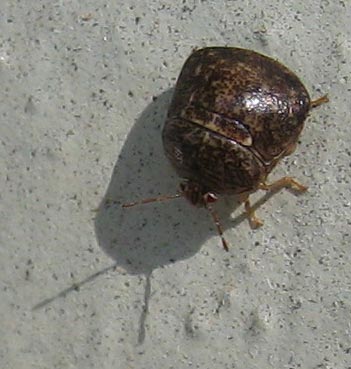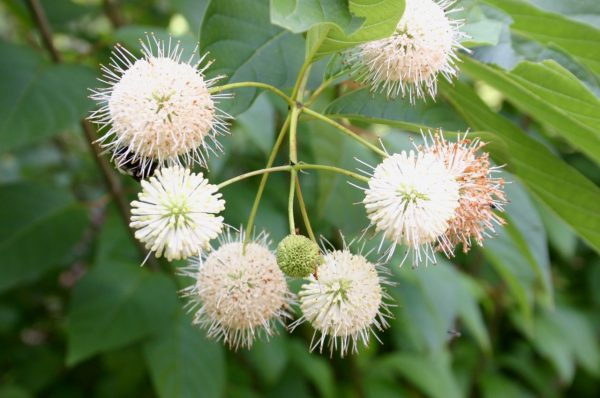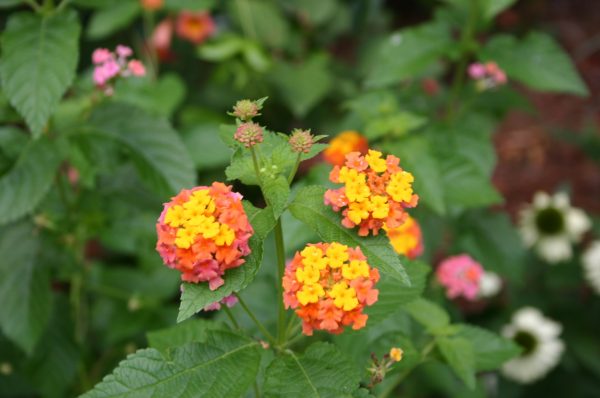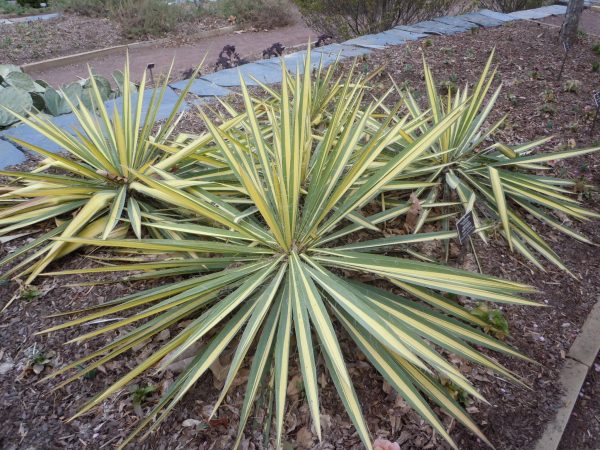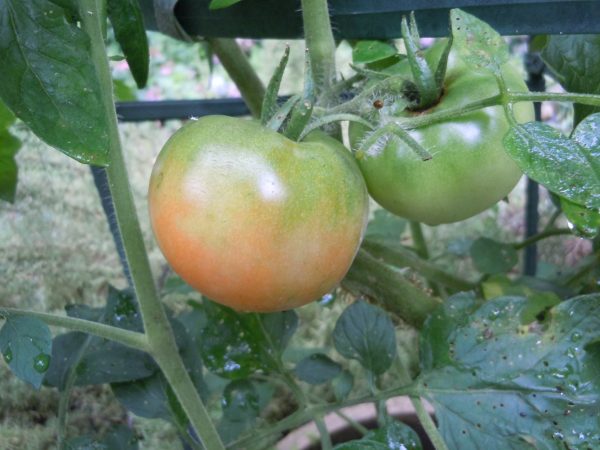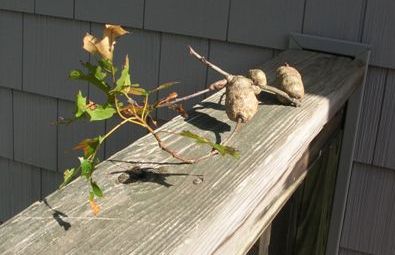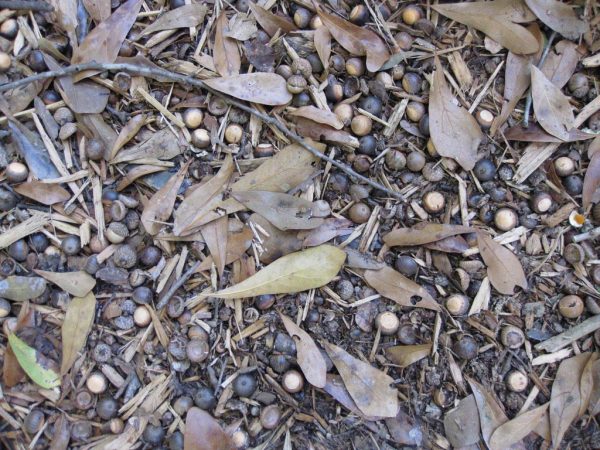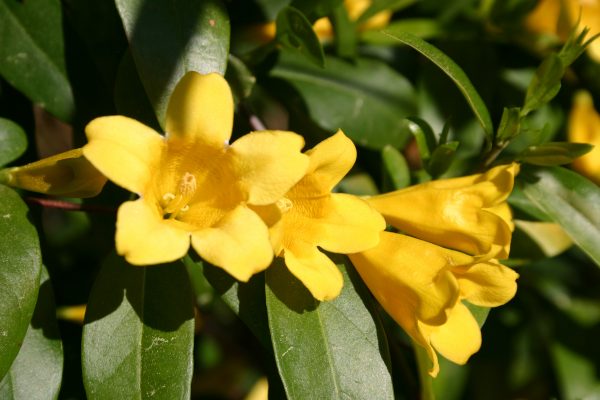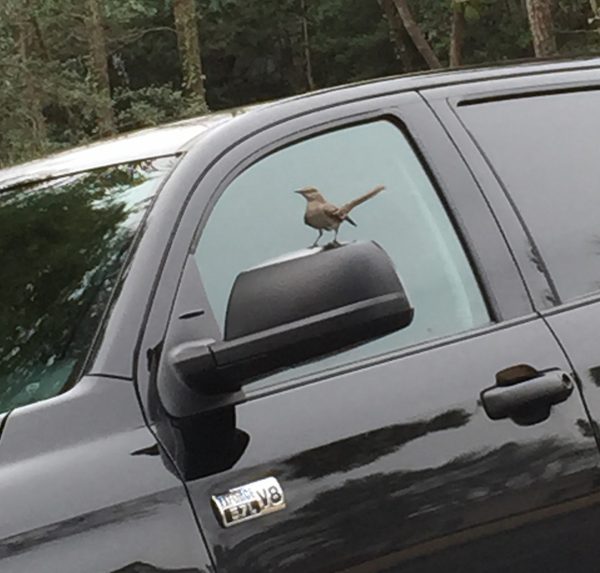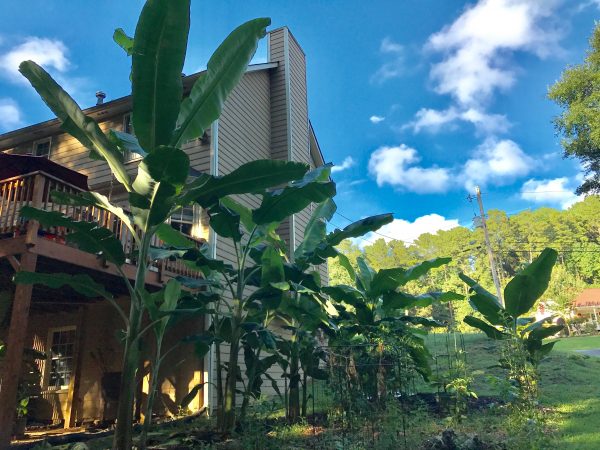Lubber Grasshopper – Control
Q: Does anyone have any experience on controlling what is called a “Georgia Thumper” (lubber grasshopper)?
A: Insect Expert Gretchen Pettis says:
“The eastern lubber grasshopper, Romalea microptera, is generally not considered a significant pest for a couple of reasons: 1) they typically appear in fairly low numbers and 2) they require far less food material than most of the more injurious species of grasshoppers that are only one-third as large or smaller. Therefore we generally recommend that chemical control is not warranted. However, if numbers are significant enough to do unacceptable damage, then treating now while they are small nymphs, would be the time to manage them. Products with cyfluthrin, malathion or acephate (Orthene) applied to the plants they are feeding on would work well. As always, follow the label instructions.
“The biggest threats of these slow moving, flightless creatures would be the scariness of the hissing noise they may make as they secrete a foamy/liquid irritant when threatened and their ‘Tobacco spit’, which is partially digested food mixed with what can be irritating compounds, which can stain clothes. They are strictly herbivores and are particularly fond of daylilies.
“If you’ve decided by this point to throw down the spray bottle, then according to a University of Florida expert: “Armed with a net and garbage bag one should be able minimize any potential damage within minutes”. If you’re particularly squeamish you could probably pay the neighbor kid a quarter apiece. Or if you need more entertainment than squashing them, you could catch them and feed them to small mammals that may stray, unwelcomed, into your yard. Opossums have been known to vomit violently after ingesting a lubber, and to remain ill for several hours.
“I’ll leave you with this: Georgia is for Lubbers! (take that Virginia!)”




